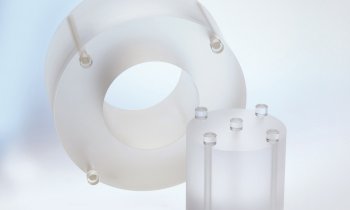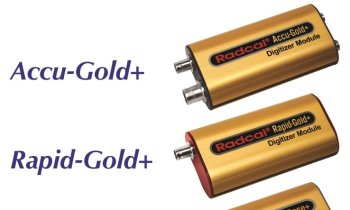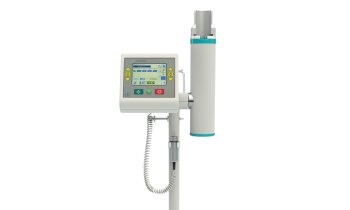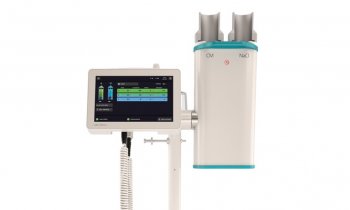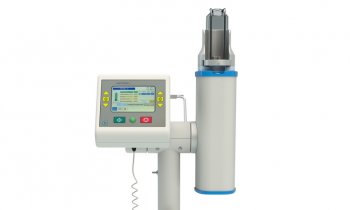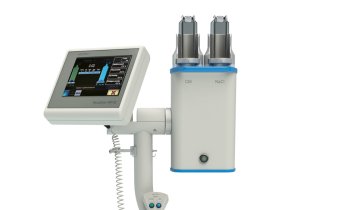Protecting the future of incidental discoveries in imaging
Radiologists in the United Kingdom have taken steps to help ensure unexpected findings iscovered during the course of imaging research are being recorded and effectively disseminated,
Mark Nicholls reports.
Concern among experts about how incidental and unexpected imaging discoveries should be managed has resulted in a call for improved guidance that could lead to greater awareness, clarity and uniformity of approach among research imaging centres. Imaging with magnetic resonance, computed tomography, ultrasound and molecular imaging is used increasingly in research and unexpected or incidental abnormal findings arising in the course of imaging research are common – around 3-12% in brain imaging and up to 30% in body imaging.
Experts acknowledge that such unexpected findings have longrange implications for treatments, yet there are no agreed protocols for such findings and therefore they could go unrecognised or unreported.
To address this issue, the Royal College of Radiologists (RCR) and the Scottish Imaging Network: A Platform for Scientific Excellence (SINAPSE) led a UK-wide initiative, supported by the Wellcome Trust. This has resulted in the publication of a report, Management of Incidental Findings Detected During Research Imaging, which
summarises current opinions and concerns regarding the practical aspects of managing incidental findings among those involved in research using imaging.
The meeting participants, representing many UK researchers, ethicists, patient groups, professional, regulatory and funding bodies, and interested parties from other European countries, found the present situation unsatisfactory on many counts. In particular, practice varied across the UK, meaning there is little evidence on which to base ethical practice. The resulting document from The Management of Incidental
Findings Detected During Research Imaging symposium recommends:
• raising awareness of the issues among imaging researchers *disseminating information on incidence and common types of incidental findings
• assisting prospective researchers seeking guidance from ethics committees and central ethics agencies, on how to handle research studies using imaging
• issuing guidance for funders of research imaging studies, to ensure measures are in place to manage incidental findings*
• training imaging researchers to recognise common abnormalities and artefacts
• transparency of study information sheets and consent procedures, to increase understanding of the risk of, and procedures, for, managing incidental finding
• that information be made available on aspects of incidental findings for which there is currently no evidence base.
The report concludes that there is now a ‘common purpose to create a framework of good practice for imaging research in the UK to safeguard both research participants and research imaging centres through better knowledge of the problem and to avoid research imaging falling into disrepute through practices that could disadvantage research participants.’ Professor Mary Evans, Chair of the RCR’s Clinical Radiology Patients’ Liaison Group, said: ‘In recent years, imaging research has resulted in great benefits for patients in the treatment of a wide range of diseases. The difficulties of deciding what to do about incidental findings during that research have, for some researchers, created a dilemma in how to act in the best interests of research volunteers without detriment to all.
‘This report has done the groundwork, enabling both non imaging trained researchers and research radiologists to work with the lay public towards a more ethical and consistent position which does not
compromise the results of their research.’
The RCR worked on the project with SINAPSE, a consortium of six Scottish universities where the main research focus is on brain imaging, with additional interests in oncology and cardiovascular imaging.
21.02.2012






